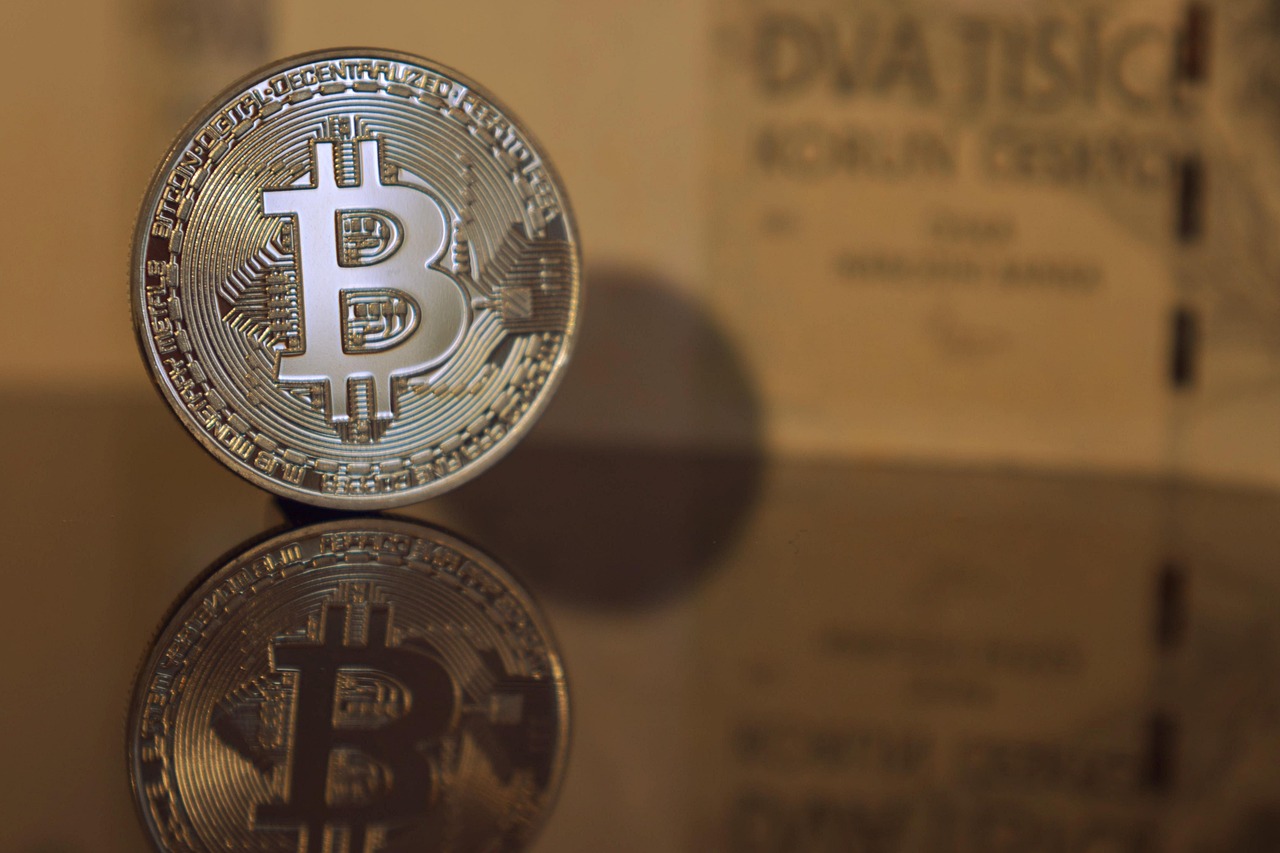The concept of Islamic banking is rapidly gaining popularity across the world, and Saudi Arabia is a major player in this field. This industry works according to Islamic principles, which includes the concept of interest-free banking and ethical financing. In the coming days, the future of Islamic banking looks very promising in Saudi Arabia, as the government and financial institutions are working to develop it further. Let’s do a detailed analysis of what will be the role of Islamic banking in Saudi Arabia in the future and what new trends are emerging.
Current Status of Islamic Banking in Saudi Arabia
Saudi Arabia is the largest Islamic banking market in the world, in which major banks like Al Rajhi Bank, Saudi National Bank, and Riyad Bank provide Islamic financial services. The kingdom’s financial system is largely Shariah-compliant, with the concept of riba (interest) strictly prohibited. Banks and financial institutions use Shariah-compliant instruments such as murabaha (cost-plus financing), mudaraba (profit-sharing), ijarah (leasing), and sukuk (Islamic bonds).
Under Saudi Vision 2030, Islamic banking is growing rapidly. The government and regulators such as the Saudi Central Bank (SAMA) and the Capital Market Authority (CMA) are introducing new policies to promote Islamic finance and take it to the global level.
Growth Drivers in Upcoming Years
Many factors are driving the expansion of the Islamic banking industry. Some of the major growth drivers are:
1. Digital Transformation
In today’s digital era, the banking industry is innovating rapidly. Islamic banks are also following this trend and developing digital banking solutions. Collaborations with Fintech companies are growing so that mobile banking, AI-driven services, and blockchain-based transactions can be implemented in a Shariah-compliant way.
2. Support for Saudi Vision 2030
Saudi Vision 2030 is an ambitious roadmap that aims to transform the Kingdom from an oil-dependent economy to a diversified economy. Islamic finance is an integral part of this vision. The government is launching new initiatives that provide Shariah-compliant financing options to SMEs and startups.
3. Increasing Demand for Ethical Banking
Today’s consumers, especially millennials and Gen Z, are increasingly attracted to ethical and sustainable banking solutions. Islamic banking focuses on interest-free and socially responsible investing, which meets the expectations of this new generation.
4. Expansion of Sukuk Market
Sukuk (Islamic bonds) are becoming quite popular in Saudi Arabia. Both the government and private sector are using sukuk for infrastructure and mega projects. This trend will benefit both Islamic banking and investment market.
5. Cross-Border Expansion
Saudi banks no longer want to be limited to just the domestic market. The scope of Islamic banking is also increasing in markets like Middle East, South Asia, and Africa. Saudi banks are exploring new international partnerships that will make Islamic banking stronger on a global scale.
Challenges and Roadblocks
The future of Islamic banking is bright, but there are some challenges that could create hurdles in the further growth of the industry:
1. Regulatory Hurdles
The regulations of Islamic finance are quite complex and each country has its own standards. Regulators in Saudi Arabia will have to ensure that banking reforms are in line with international Islamic finance standards to attract global investors.
2. Technological Adaptation
Digital transformation is necessary, but it may take time for Islamic banks to integrate technology. Effectively implementing AI, blockchain and fintech solutions to ensure Shariah-compliance is a major challenge.
3. Awareness and Financial Literacy
Islamic banking is still a complicated concept for many people. Awareness campaigns and financial literacy programs need to be launched so that more and more people can understand and adopt the benefits of Islamic banking.
4. Competitive Pressure from Conventional Banks
Conventional banks also have a strong presence in Saudi Arabia and they are also penetrating the Islamic finance sector. Therefore, Islamic banks will have to focus on innovation and customer-centric solutions so that they can stay ahead of the competition.
Future Trends in Saudi Islamic Banking
1. AI and Big Data Integration
Artificial intelligence and big data analytics will enhance customer experience in Islamic banking industry. AI will be very helpful in areas like risk assessment, fraud detection, and personalized financial planning.
2. Blockchain-Based Smart Contracts
Blockchain technology will help automate smart contracts, which will increase transparency and efficiency. Islamic banks are working on launching blockchain-based financial products.
3. Green Islamic Finance
The trend of sustainable development and ESG (Environmental, Social, and Governance) investing is increasing. Saudi Arabia is also expected to launch new green sukuk and ethical investing products which will make Islamic finance more attractive.
4. Neobanks and Fintech Collaborations
The concept of digital-only Islamic banks i.e. neobanks can also become popular in Saudi Arabia. These banks will collaborate with fintech firms to provide cost-effective and innovative financial solutions.
5. Expansion into Non-Muslim Markets
Islamic banking is not just limited to Muslim consumers. The demand for ethical banking and Islamic financial products is growing in non-Muslim countries as well. Saudi Islamic banks are developing new strategies for international expansion to establish their footprint in the global market.
Conclusion
The future of Islamic banking in Saudi Arabia is promising. Factors such as digital transformation, ethical banking, and government support will help the industry move forward. However, regulatory challenges and technological adaptation will have to be handled properly. If Saudi Islamic banks adopt new innovations and a customer-centric approach, they can hold a dominant position not only in the Middle East but also in the global Islamic finance market.
If Saudi Arabia effectively grows its Islamic banking sector, it will also play a major role in economy diversification and help make the Kingdom a global Islamic financial hub. In the coming days, Saudi Islamic banking is going to become even more competitive, technology-driven, and globally connected, which will start a new era for this industry! KnowSaudi brings you expert insights, trends, and updates to keep you informed and ahead in Saudi Arabia’s evolving landscape.




